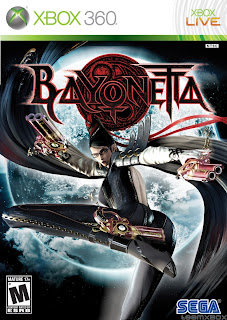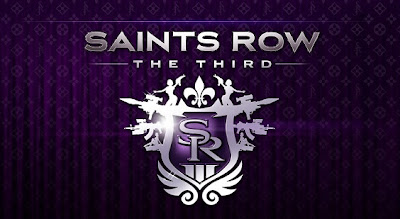 |
| If this announcement surprised you, then I have some land in Florida to sell you. |
 |
| Capcom needs to make a buck, time for RE. |
What usually happens is that every developer wants the money (both development and advertisement) of a Triple A franchise, but very few actually start there. Sure, there are your tie in IPs, but most of the time a publisher/developer has an idea for a game, and the game must jump through a lot of hoops in order to get enough dollars behind it to be a hit. A lot of the time, a developer will be working on a game, and it'll catch a publisher's eye. If the publisher is impressed, they will pump more dollars behind for fine tuning and advertising. Check out the game Brutal Legend. Double Fine was originally signed with Vivendi for release of the Metal/Sandbox/RTS title. Once Vivendi and Activision merged into Activision Blizzard, they had the right to pick up Brutal Legend for release, but opted not to. Tim Schafer, head of Double Fine, then shopped the game around, with Electronic Arts eventually picking it up for release. Brutal Legend is hardly Triple A, but it's merely an example. Another game that was probably shopped around until pick was Gearbox's Borderlands. I could be wrong.
 |
| Like clockwork, you can set your watch to this. |
The only real problem with Triple A games is that once you complete work on one, work almost immediately begins on another game of that franchise. This is a model developed by EA (perfected by Activision). I call it the Madden effect. Madden NFL Football 2013 is due out every August, like clockwork. You can set your watch to it. Years ago, this model was really only used for sports games, hence the Madden effect. It worked so well, the model was applied to some of the less "seasonal" sports (meaning they don't have real seasons), such as WWE Wrestling and Tony Hawk Skateboarding. Now it has come full circle now, though, to where we are seeing games of every type now using this model. Call of Duty and Assassin's Creed, for instance, now come out every October/November now. I find this to be a problem. If you can fill in your release calendar in 2013, when nothing has been officially announced, that's a problem.
I bring this up, because we have had two middle sized publishers (Sega and THQ) that have stated they will focus on using this type of model (only focusing on Triple A titles). Now the truth us that these two publishers are where they are because of mistakes they have made, and they have no one to blame but themselves. Overall, I probably feel more sorry for Sega, because they really have tried to put out games that did deserve more sales than they got (Bayonetta comes to mind instantly). If more companies adopt this style of release style, we are going to see a ton more of sequels, and a far smaller focus on the development and creation of original gaming IPs.
Just look at all the new Triple A IPs that have been created in this generation. Bioshock, Mass Effect, and Assassin's Creed are just three of them. I'm sure there are more. If this model was applied at this generation, one or all of these titles might not exist! Dedicated IPs are far easier to sell to the public than something new, that's in any sort of entertainment medium (movies and TV as well as video games). So if you take a new idea to a publisher like EA, about a survival horror game in space, where instead of fighting zombies, you have to defeat alien monsters by dismemberment, the chances of them signing off on publishing the title are far smaller. That means less money for development and far less money (if any) for advertising. I don't care how good your game is, if no one knows anything about it, it'll never sell (look at the now defunct publisher Working Designs, they never made a crappy game, but they didn't advertise much). If all we do is focus on what's popular at the time, eventually popularity will run out. Eventually people will get tired of it, and there needs to be development out there in order to find the next Call of Duty. Without a focus on development of new games, there will be less people willing to try something different, and the business will grow stagnant.
While I don't mind Sega and THQ wanting to do better for their business (Saint's Row deserves a lot more attention than it gets, honestly. Anyone who thinks it's a GTA clone really needs to try it). They shouldn't give up on giving new IPs a chance though, otherwise the industry will go from having a niche for nostalgia gaming, to all being nostalgia gaming. Chisel that in stone, because it's one of the most factual things I can say.





No comments:
Post a Comment